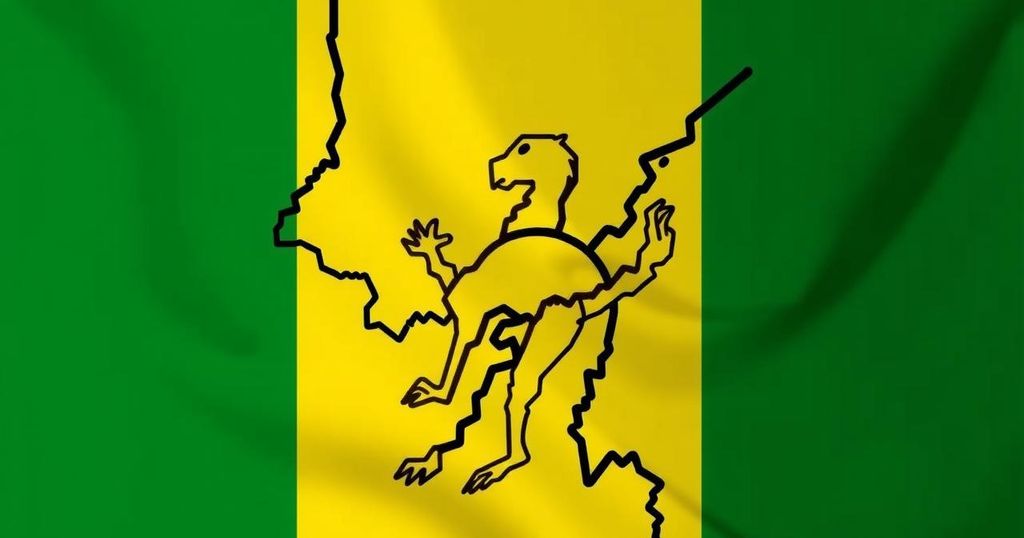Ghana Faces Potential Government Shutdown Without Provisional Budget Before Elections
Ghana’s parliament may fail to pass a provisional budget before the December 7 elections, risking a government shutdown in early 2024. The indefinite break since October 23 and a Supreme Court ruling have hindered progress. Experts warn of potential budget cuts affecting critical services and workers’ salaries if no resolution is reached soon.
Ghana’s parliament faces a critical challenge as it is unlikely to pass a provisional budget prior to the parliamentary elections scheduled for December 7. This situation threatens to result in an unprecedented government shutdown in early 2024, an outcome not experienced in over three decades in the nation. The elections aim to identify a successor for President Nana Akufo-Addo, whose term concludes in January. The provisional budget is essential for maintaining government operations until the incoming president is inaugurated.
As of now, Ghana’s parliament has been on an indefinite recess since October 23 due to a dispute among the two major political parties regarding the majority of seats. The Supreme Court recently deemed the Speaker of Parliament Alban Bagbin’s earlier statement regarding the majority unconstitutional. Despite invitations to reconvene parliament, Bagbin has declined to do so, emphasizing that such actions would disrupt the ongoing election campaign.
In light of the approaching deadlines, experts warn that without a budget, the government might resort to austerity measures impacting critical areas such as interest payments and transitional funding. Seth Terkper, a former finance minister, has emphasized the serious potential of a government shutdown or, at best, severely limited government functions come January. The Finance Ministry previously set November 15 as a crucial date for discussing the provisional budget, yet the impasse continues to complicate matters.
Labour unions are advocating for a timely resolution to avoid detrimental impacts on employees amidst these uncertainties. Joshua Ansah, head of the Trades Union Congress, expressed concerns over potential salary disruptions, stating, “It’s a big problem … We hope they resolve it before January so it doesn’t affect salaries.”
This situation in Ghana arises in the context of its approaching general elections, where a new president will be chosen. The provisional budget, usually passed in the month preceding elections, serves to bridge the financial gap until the new leadership settles in. The current parliamentary deadlock reflects deeper political tensions and poses significant risks to governmental financial stability. The importance of a functioning budget cannot be overstated, particularly as it relates to maintaining public sector operations and ensuring workers are compensated appropriately amid transitions.
In conclusion, the absence of a provisional budget in Ghana poses serious threats to the government, including the potential for a historic shutdown and diminished public services. The deadlock in parliament and political tensions are contributing factors in this critical moment leading up to the election. The resolution of these issues within a short timeframe is imperative to safeguard government operations and workers’ livelihoods if a budget is not passed promptly before the elections.
Original Source: www.usnews.com




Post Comment